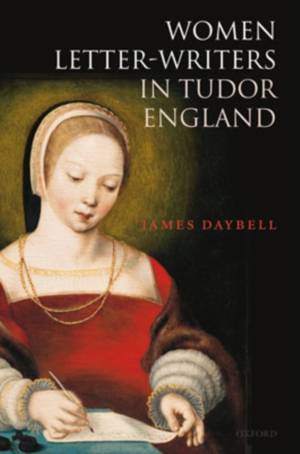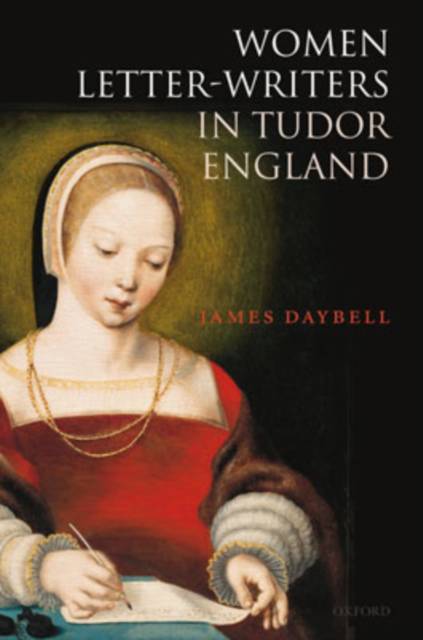
- Retrait gratuit dans votre magasin Club
- 7.000.000 titres dans notre catalogue
- Payer en toute sécurité
- Toujours un magasin près de chez vous
- Retrait gratuit dans votre magasin Club
- 7.000.0000 titres dans notre catalogue
- Payer en toute sécurité
- Toujours un magasin près de chez vous
314,45 €
+ 628 points
Format
Description
Women Letter-Writers in Tudor England represents one of the most comprehensive study of women's letters and letter-writing during the early modern period to be undertaken, and acts as an important corrective to traditional ways of reading and discussing letters as private, elite, male, and non-political. Based on over 3,000 manuscript letters, it shows that letter-writing was a larger and more socially diversified area of female activity than has been hitherto assumed. In that letters constitute the largest body of extant sixteenth-century women's writing, the book initiates a reassessment of women's education and literacy in the period. As indicators of literacy, letters yield physical evidence of rudimentary writing activity and abilities, document "higher" forms of female literacy, and highlight women's mastery of formal rhetorical and epistolary conventions. Women Letter-Writers in Tudor England also stresses that letters are unparalleled as intimate and immediate records of family relationships, and as media for personal and self-reflective forms of female expression. Read as documents that inscribe social and gender relations, letters shed light on the complex range of women's personal relationships, as female power and authority fluctuated, negotiated on an individual basis. Furthermore, correspondence highlights the important political roles played by early modern women. Female letter-writers were integral in cultivating and maintaining patronage and kinship networks; they were active as suitors for crown favour, and operated as political intermediaries and patrons in their own right, using letters to elicit influence. Letters thus help to locate differing forms of female power within the family, locality and occasionally on the wider political stage, and offer invaluable primary evidence from which to reconstruct the lives of early modern women.
Spécifications
Parties prenantes
- Auteur(s) :
- Editeur:
Contenu
- Nombre de pages :
- 352
- Langue:
- Anglais
Caractéristiques
- EAN:
- 9780199259915
- Date de parution :
- 24-08-06
- Format:
- Livre relié
- Format numérique:
- Genaaid
- Dimensions :
- 156 mm x 234 mm
- Poids :
- 657 g

Les avis
Nous publions uniquement les avis qui respectent les conditions requises. Consultez nos conditions pour les avis.






